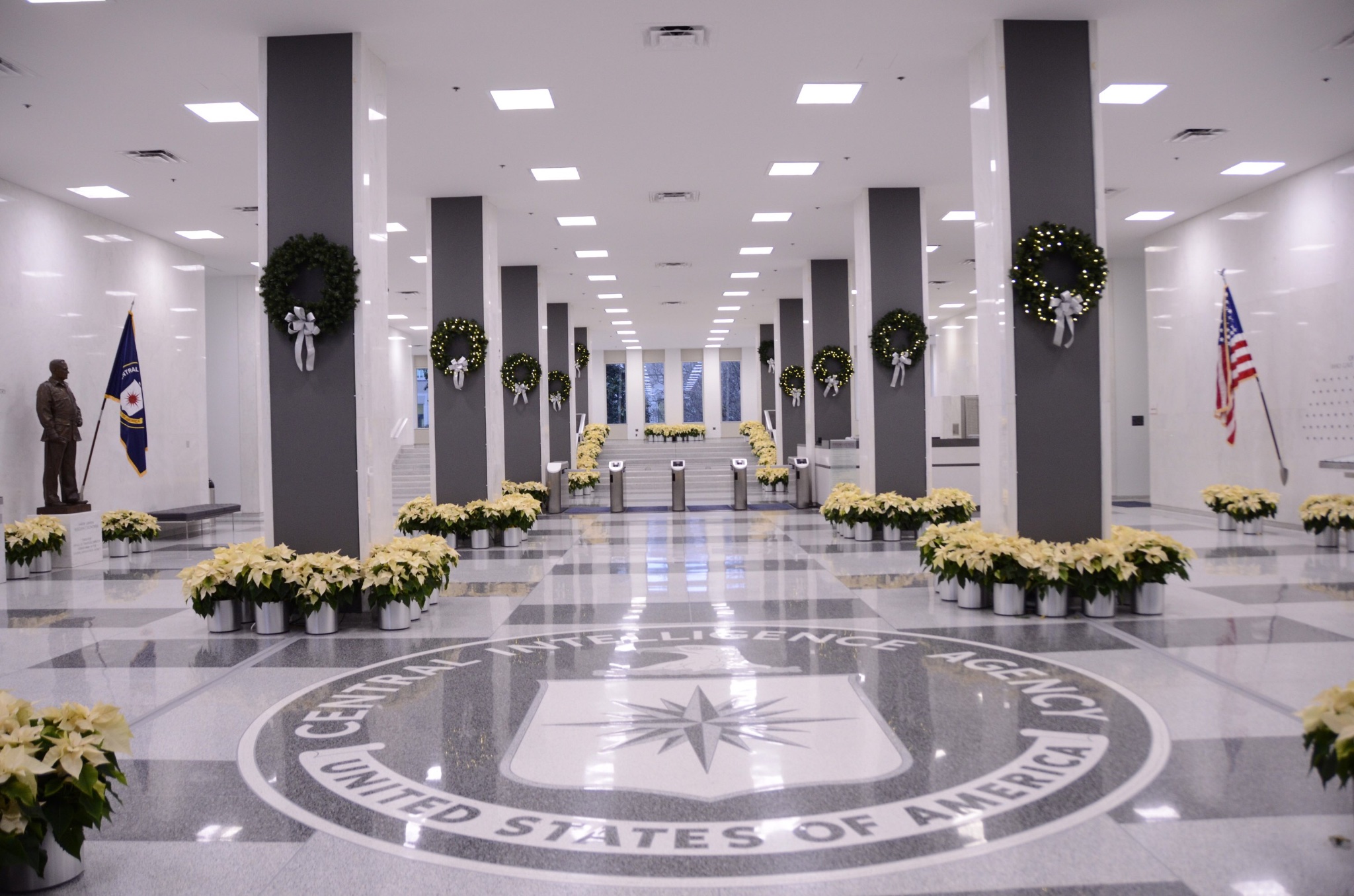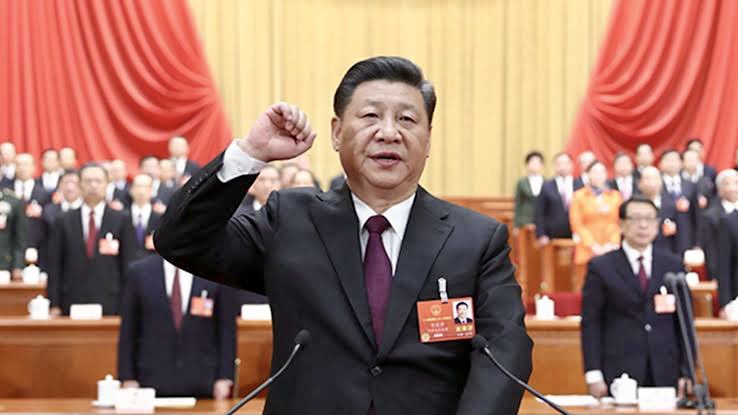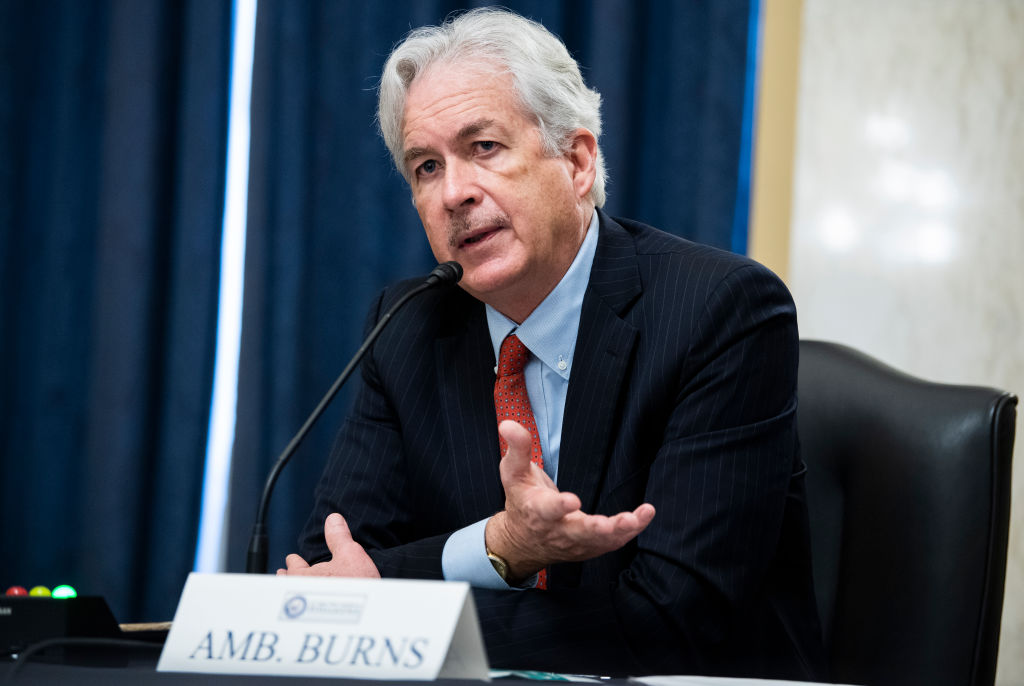China has made rapid and unpredictable moves such as strengthening its hold over Hong Kong, enhancing hacking attempts against adversaries, projecting its military might in the South China Sea, and undercutting Chinese corporations from going public in the US.
These actions have surprised successive American governments, which found China becoming more opaque in terms of intelligence gathered from there.
Officials in the Biden administration are having a hard time getting information on Chinese President Xi Jinping’s inner circle, US officials who have reviewed sensitive US intelligence reports told Bloomberg.
Even more frustrating for the US might be the fact that this has been the trend regarding intelligence from China for about a decade.
CIA Networks Destroyed?
The American spy agency, the CIA, was at the top of its game in terms of intelligence flowing in from Beijing in 2010. This was the consequence of recruiting sources that were placed deep inside the Chinese bureaucracy.
However, the flow of information began to stifle out by the end of 2010. By early 2011, CIA’s Chinese assets were dwindling.
Beginning in 2010, the Chinese government systematically destroyed the Central Intelligence Agency’s (CIA) spying operations in the country. Over a period of two years, China is believed to have killed or imprisoned over a dozen American moles.

This impaired Washington’s intelligence-gathering efforts in the communist country for years to come. One of CIA’s assets was apparently shot right in front of his colleagues in the courtyard of a government building — most likely as a message to others who might have been involved in doing similar work for the US intelligence, The New York Times reported in 2017, citing three US officials.
Yet others were put in jail. These eliminations and imprisonments led to the effective collapse of a network that had taken years to build.
The US had a few theories regarding these events. They suspected that there was a mole amongst those in or working closely with the CIA. Sloppy tradecraft – for instance, using the same routes and meeting points – and a keen Chinese eye on US espionage in the country could have been a potential source of doom as well.
In addition, it was suspected that China had managed to hack covert communication channels that US intelligence and its assets were using. Speculations still remain, with no clearly attributable reason. At the same time, China also developed its own espionage system.
Chinese Espionage Attempts
In recent years, China was seen as the one responsible for the breach of the US Office of Personnel Management’s records in 2015. But its efforts have gone beyond that in what seems to be an apparent espionage war between Beijing and Washington.
The Atlantic highlighted three known cases of US agents being lured over to the Chinese side. Some of these are novel because the targets are not of the ethnically Chinese community, but include a more diverse range of assets.
China has also ramped up the scope and the sophistication of its efforts to steal US secrets. The country’s spy services seem to be keeping up with its economic and technological advancement. From better tools at their disposal to more sophisticated spies, Beijing seems to have it all.

The Chinese appear to be occupied in what is seen as an intensifying array of espionage operations, to an extent that their counterparts in Washington have been put on the defensive.
Apart from seducing former US intelligence agents using honeytraps, the Chinese intelligence agency is also said to be indulging in cyberattacks against government databases and companies. Trade secrets from the private sector, sensitive technology, and data in possession of universities and academic institutions are all being targeted.
No Information Flow For Biden
China’s political system has been highly secretive for much longer than Xi Jinping’s reign. This is a result of the “stove-pipe” system of organizing which focuses on the flow of information to top leaders, without many facts spilling over widely inside the system.
Additionally, Chinese media, academia, and civil society organizations have always faced tight government control. However, recently, the situation seems to have worsened.
Former officials who have gone through sensitive US reports told Bloomberg that China is becoming a harder target and more opaque. This comes at a time when the tensions between US and China are at an all-time high and the need for insights into Xi’s decision-making on problems such as Taiwan is soaring.

Other than the Chinese having pretty much annihilated the US spy system, other hurdles such as a continuing shortage of Mandarin speakers still hamper Washington’s intelligence-gathering efforts. The end result is USA’s limited intelligence on pressing issues like Xi’s eventual successor, whether China plans on invading Taiwan or is seeking control of smaller islands near the self-governing region etc.
Bill Burns, the director of CIA, under the Biden administration, has announced the creation of a China Mission Centre to hone the agency’s focus on “an increasingly adversarial Chinese government”. This is in line with the present government’s foreign policy strategy shift towards countering China.
Some of the people who spoke to Bloomberg noted that such declarations are more symbolic than substantive. They need to be backed by greater funding and staffing to have credibility.
- Written by Shreya Mundhra/EurAsian Times Desk
- Contact the author at: shreyya.mundhra@gmail.com
- Follow EurAsian Times on Google News




